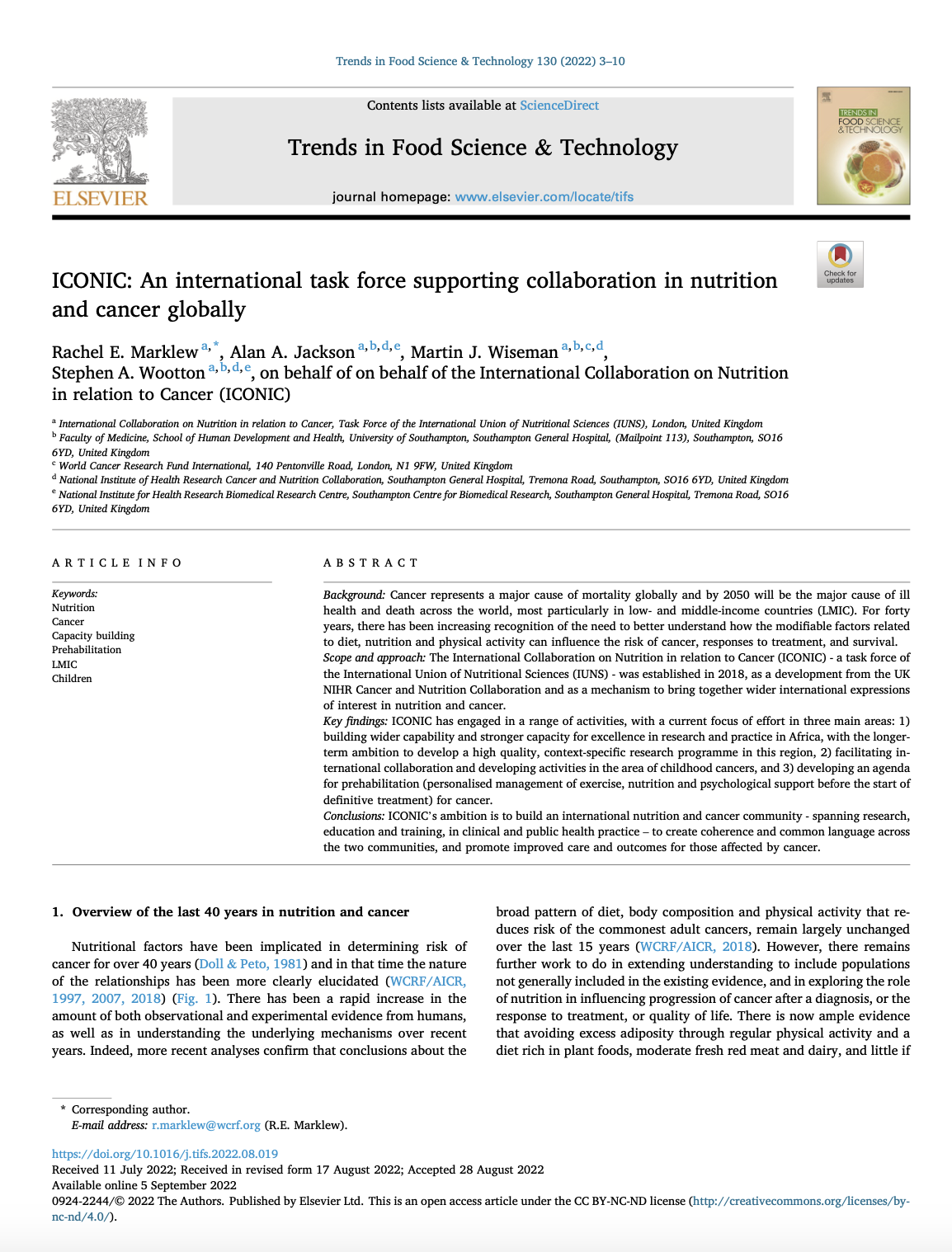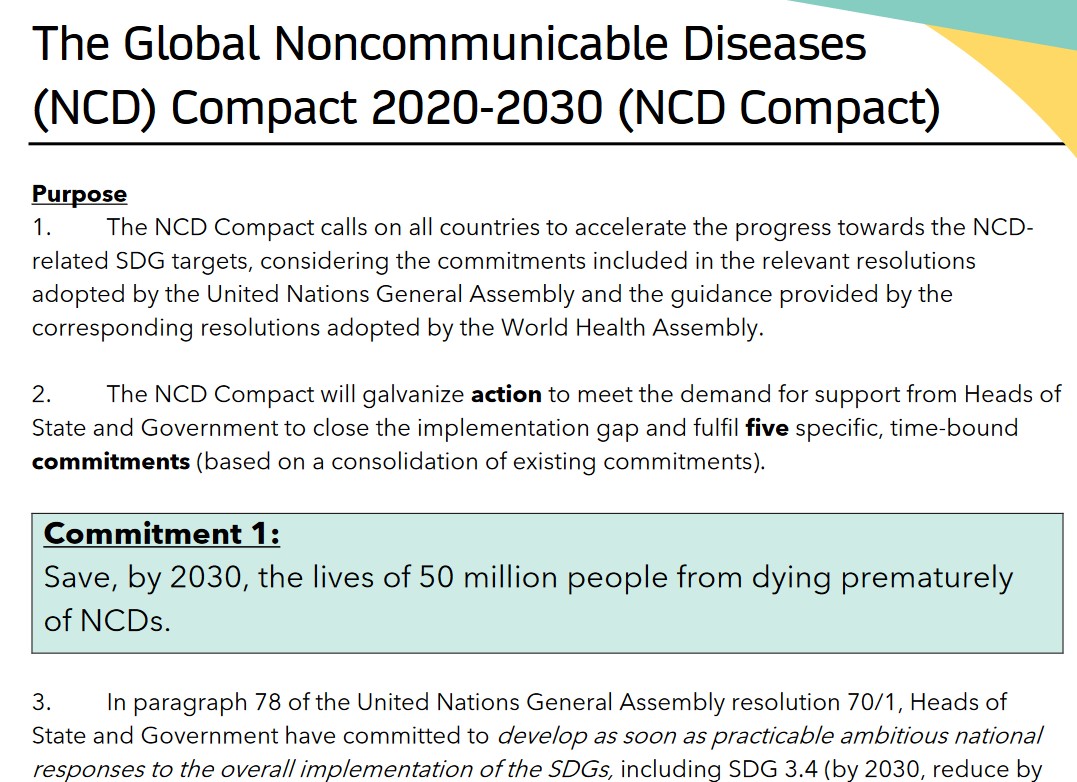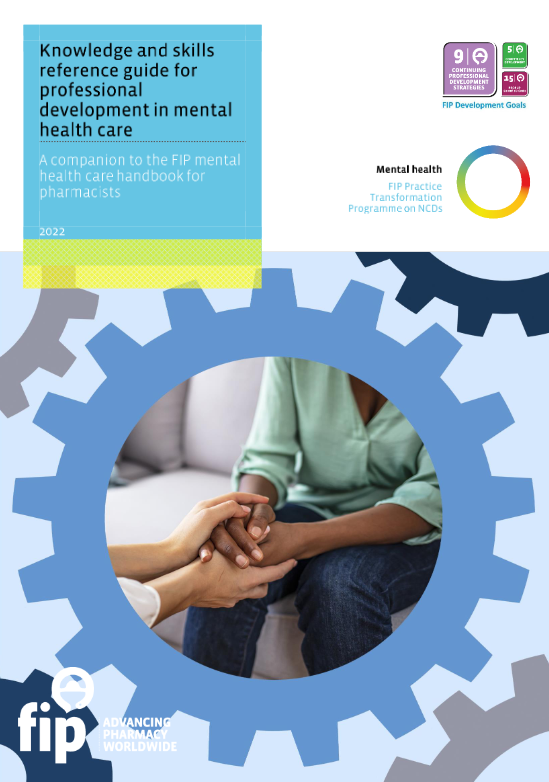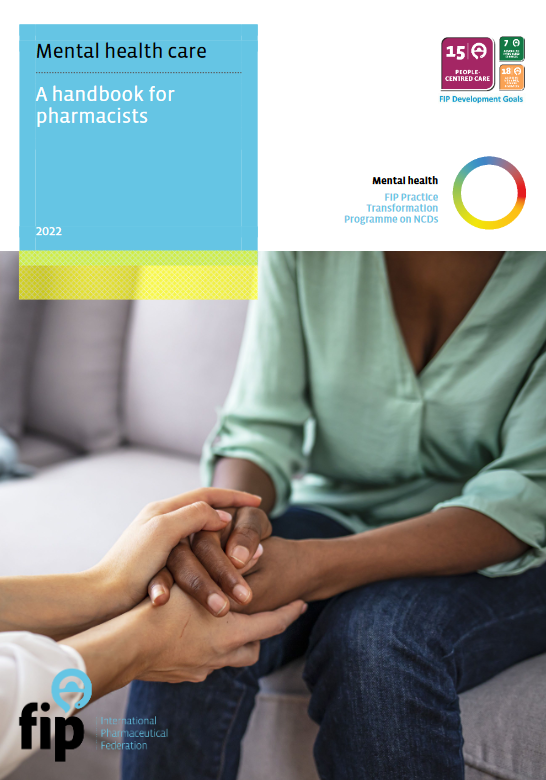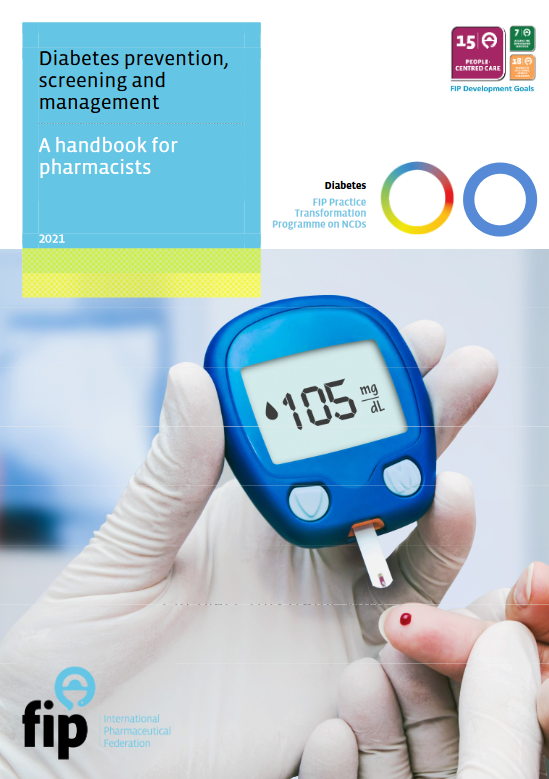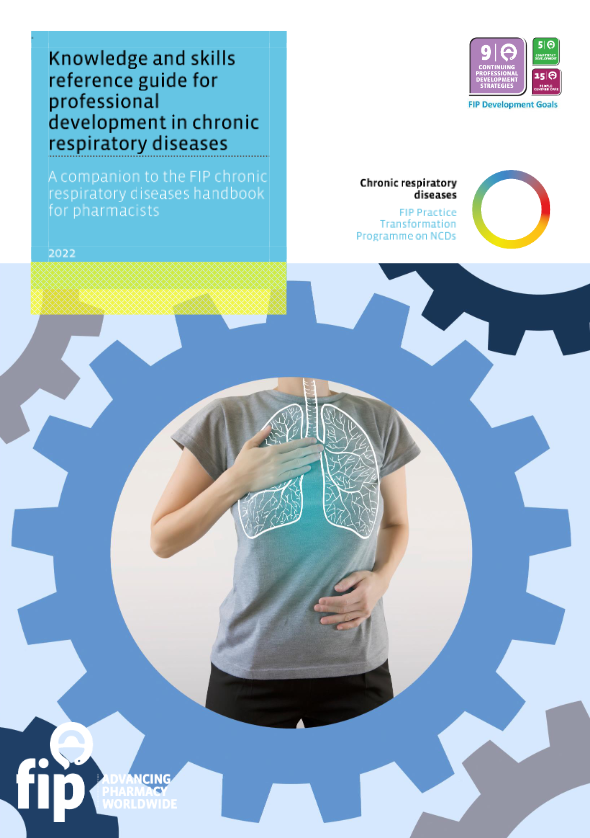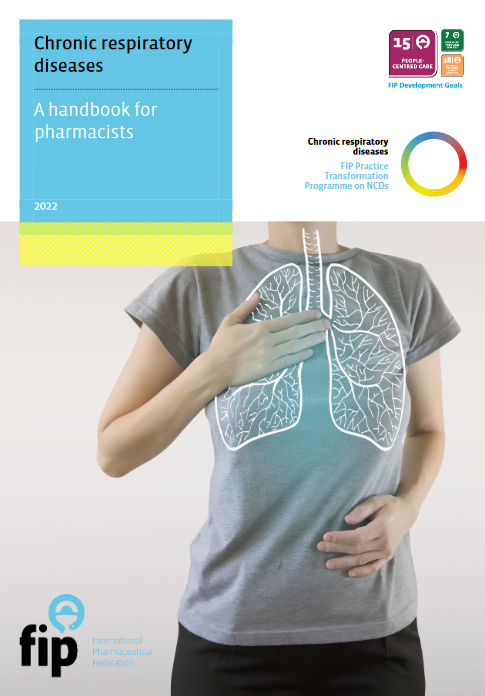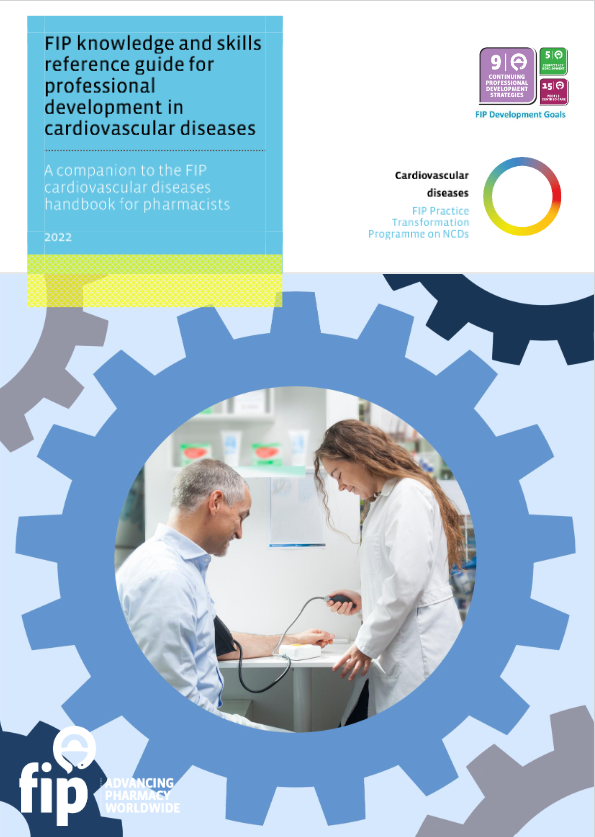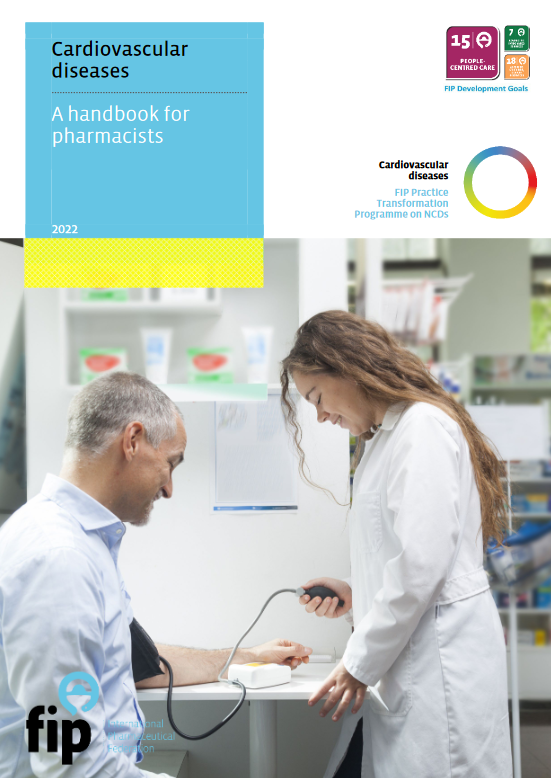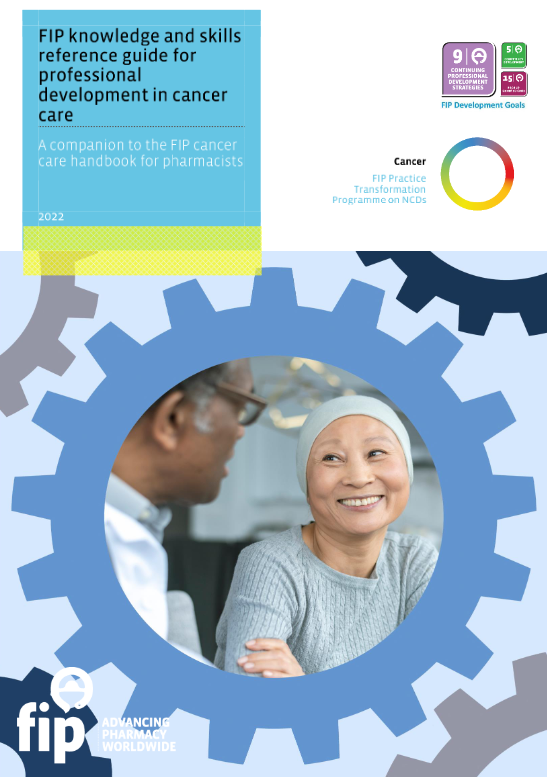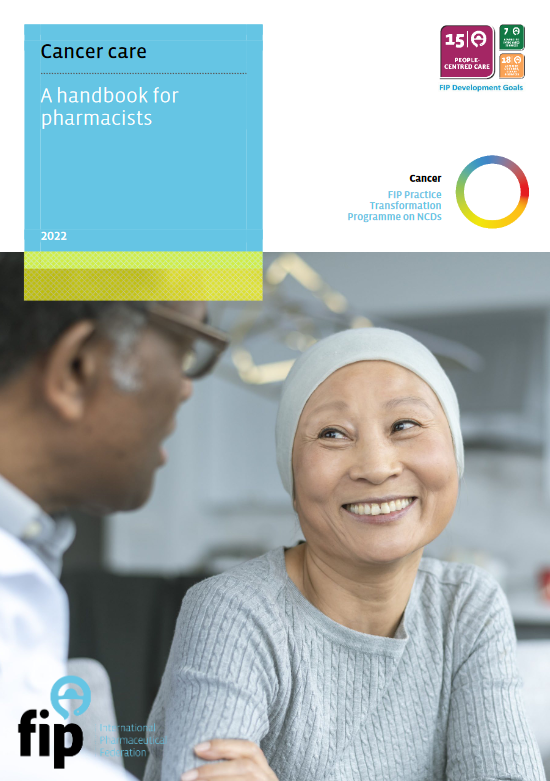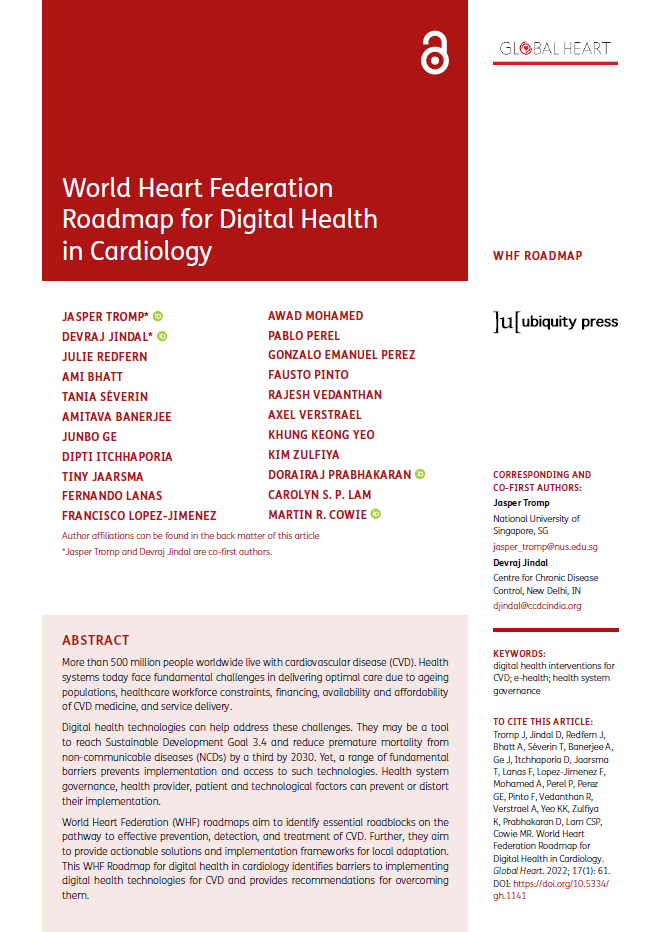Science Direct: Trends in Food Science & Technology
ICONIC: An international task force supporting collaboration in nutrition and cancer globally
Publication
15 Aug 2022
Background Cancer represents a major cause of mortality globally and by 2050 will be the major cause of ill health and death across the world, most particularly in low- and middle-income countries (LMIC). For forty years, there has been increasing...

